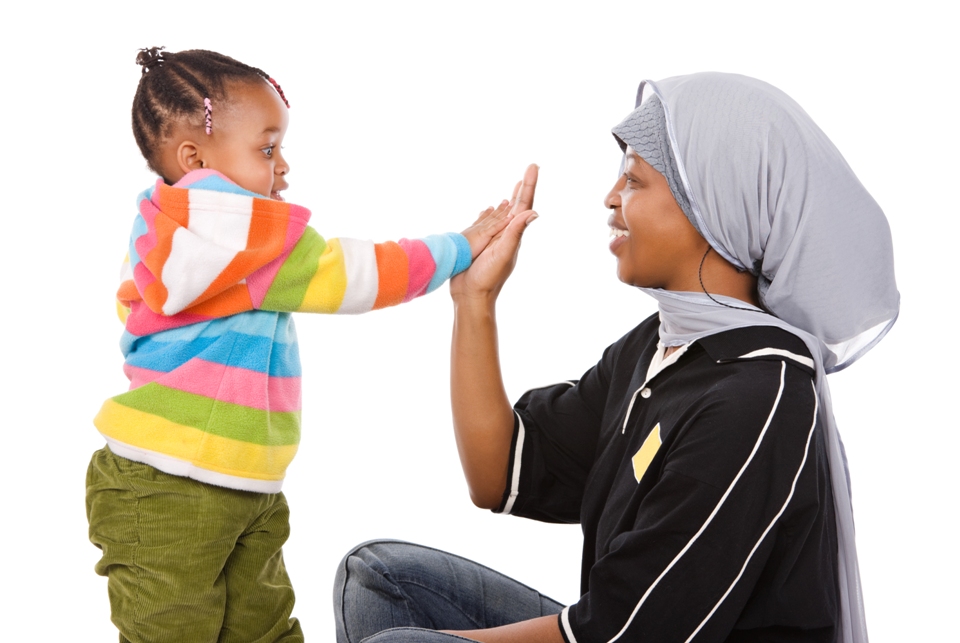We at UK Fostering are looking for warm and caring people who would like to share their homes with children that cannot live at home either for a few weeks, months, or until they are able to live independently. Using your parenting experience or work related skills you can provide a supportive environment for children and young people for as long as they need it.
We ask that foster carers are open to caring for children from all backgrounds, however children are often best matched with foster carers from similar cultural, religious or ethnic backgrounds to theirs who they can relate to and who are likely to have more deeper understanding of their needs. There continues to be a need for foster carers from African and Caribbean backgrounds specifically, who are able to offer care, encouragement and support to children and young people from similar backgrounds and heritage
We hope to encourage and inspire you to join our team of foster carers to make a difference in their lives.
What needs to be done?
The National Office of Statistics figures from the most recent Census show that of the approximately 30,000 children that entered the care system for the first time, between 7-9% were Black or mixed ethnic background children. This shows there is an overrepresentation of children and young people from Black and mixed ethnic backgrounds within the care system.
By addressing the effects of disproportionate representation, providing positive role models, and reducing placement breakdowns, the impact of having more foster carers from African and Caribbean backgrounds can significantly improve the well-being and long-term outcomes of these children and young people. Here’s why this is so important:
- Representation Matters
Children in care need to see people who look like them and understand their cultural backgrounds. This representation is crucial for their emotional well-being and development. Seeing foster carers who share similar racial and cultural experiences can help children of African and Caribbean descent feel more understood, valued, and connected, thereby fostering a strong sense of identity. - Cultural understanding
Carers who share a similar background to the child or young person, often have a deeper understanding of a child’s cultural and religious background, allowing a child to remain connected (or reconnect) with their culture and community. This understanding helps children explore their identities in a supportive environment that acknowledges and celebrates their heritage, and is important for the child’s sense of identity. This can contribute to improved mental health and well-being. - Addressing disproportionality
As Black children are sometimes over-represented in the UK care system we can, by having foster carers that represent a child’s own background, help to create an environment better placed to address this imbalance.

- Positive role models
African and Caribbean foster carers can be positive role models for any child in their care but particularly for Black children, by showing them that success and resilience are possible despite the challenges they may face. These role models can have a profound impact on a child’s outlook and aspirations in life. You can support and advocate for a child to have their voice heard, or be their voice if needed.
- Reducing placement breakdowns
Children placed with foster carers who understand their cultural background are less likely to experience placement breakdowns, which can be disruptive and distressing for both child and foster family. Stable placements allow children to form secure attachments, essential for their development. Reduced placement breakdowns mean fewer disruptions in schooling, friendships, and support networks, contributing to a more stable and supportive environment.
For those of you wanting more information about African and Caribbean and mixed ethnic background children and young people in the care system, The Black Care Experience Report 2021 (link below) is a thought-provoking read.
What can you do?
With the overrepresentation of children and young people from African and Caribbean back ground and heritage in the UK care system, there is a significant need for more Black foster carers. Increasing the number of Black foster carers ensures better representation and cultural understanding, helping to create a more equal and balanced fostering environment.
At UK Fostering we are particularly looking for foster families for siblings, teenagers, as well as foster carers to work as part of a team to support a parent struggling to care for their baby or toddler. You can find out more about the different types of fostering here
Fostering families come in all shapes and sizes. Please get in touch for a further discussion. Together, we can make a difference and provide the nurturing environments that all children deserve.
Get in touch with us at UK Fostering to learn more. We look forward to speaking with you!
Give Robyn or Lynsey a call on 0345 222 0518
By Lynsey Dobbs – Senior Recruitment Officer
References
Black History Month 2023. Fostering – And the need for more Black foster carers. Available at: https://www.blackhistorymonth.org.uk/article/section/fostering-adoption/fostering-and-the-need-for-more-black-foster-carers/
Office for National Statistics 2022 – Who are the children entering care in England? Available at: https://www.ons.gov.uk/peoplepopulationandcommunity/healthandsocialcare/socialcare/articles/whoarethechildrenenteringcareinengland/2022-11-04
The Black Care Experience Report 2021. Available at: https://www.theblackcareexperience.co.uk/the-black-care-experience-report-2021
